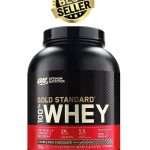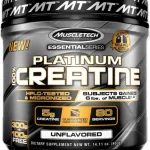Table of Contents:
- Introduction
- The Role of Supplements in Athletic Performance
- Pre-Workout Supplements: Fueling Your Power
- Intra-Workout Supplements: Sustaining Your Stamina
- Post-Workout Supplements: Enhancing Recovery
- Combining Supplements for Optimal Results
- Conclusion: Elevate Your Athletic Journey with Smart Supplement Choices
- References
- Frequently Asked Questions (FAQ)
1. Introduction
In the pursuit of athletic excellence, athletes constantly seek ways to optimize their performance. Besides consistent training and a balanced diet, supplements play a pivotal role in bridging nutritional gaps and boosting athletic potential. This comprehensive guide explores the best supplements for athletes, their benefits, and how they can help you reach peak performance.
2. The Role of Supplements in Athletic Performance
Supplements are essential tools that athletes use to enhance their physical abilities and overall performance. They offer a convenient way to provide the body with specific nutrients that may be challenging to obtain solely from food sources. When used strategically and in conjunction with proper training, supplements can contribute significantly to athletic success.
3. Pre-Workout Supplements: Fueling Your Power
3.1 Creatine: Powering Up Performance
Creatine is a naturally occurring compound found in small amounts in certain foods and synthesized by the body. It plays a critical role in providing rapid energy during high-intensity, short-duration activities. By increasing the body’s phosphocreatine stores, creatine enables athletes to perform explosive movements like weightlifting and sprinting more effectively. For example, a study by Cooper et al. [1] demonstrated that creatine supplementation significantly improved 100-meter sprint times in elite female athletes.
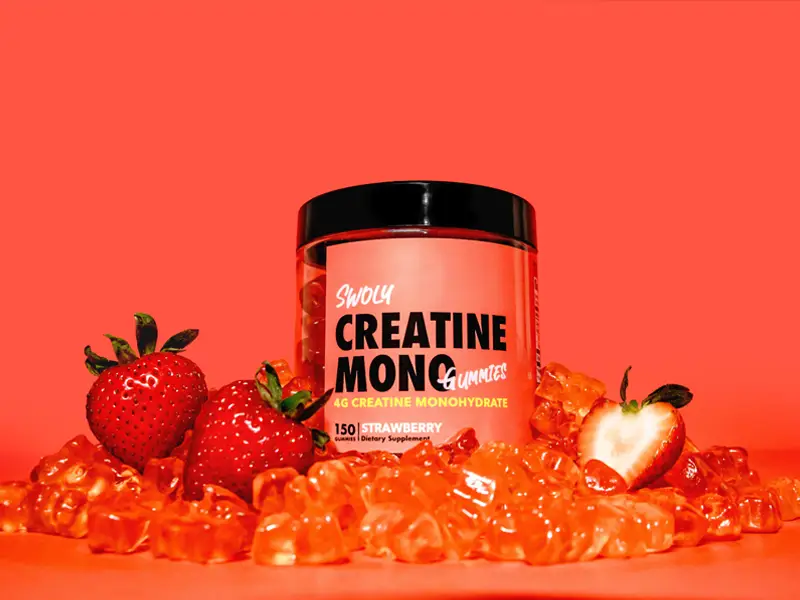
3.2 Caffeine: Energizing Your Workouts
Caffeine, a well-known stimulant, can help athletes combat fatigue and improve mental alertness. By blocking adenosine receptors in the brain, caffeine reduces perceived effort and increases endurance during prolonged exercise. Athletes can benefit from caffeine’s ergogenic effects, especially in endurance sports such as cycling and distance running. A study by Graham et al. [2] indicated that caffeine supplementation improved time trial performance in trained cyclists.
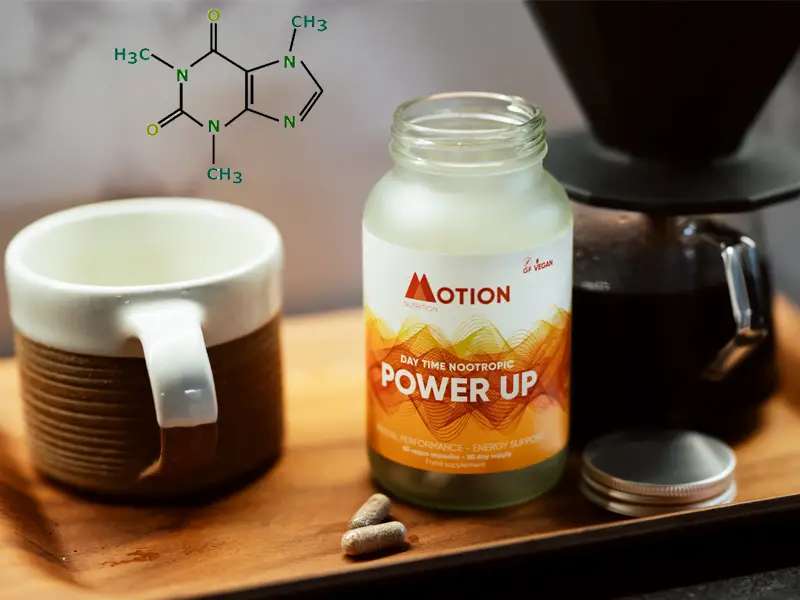
3.3 Beta-Alanine: Building Endurance
Beta-alanine is an amino acid that combines with histidine to form carnosine, a compound that buffers lactic acid buildup in muscles. This buffering action delays muscle fatigue and allows athletes to sustain higher-intensity efforts for longer periods. Research by Saunders et al. [3] found that beta-alanine supplementation led to improved exercise performance and increased time to exhaustion during high-intensity cycling.

4. Intra-Workout Supplements: Sustaining Your Stamina
4.1 Branched-Chain Amino Acids (BCAAs): Muscle Support
BCAAs, comprising leucine, isoleucine, and valine, are essential amino acids that cannot be synthesized by the body and must be obtained from the diet or supplements. BCAAs are known for their role in promoting muscle protein synthesis and reducing muscle protein breakdown. During prolonged exercise, BCAAs can be used as a source of energy, sparing muscle glycogen stores. A study by Blomstrand et al. [4] showed that BCAA supplementation decreased muscle soreness and muscle damage markers after intense resistance training.

4.2 Electrolytes: Hydration and Balance
Electrolytes are minerals that carry an electrical charge and play a crucial role in maintaining proper fluid balance and nerve function. Athletes engaged in intense physical activity lose electrolytes through sweat, which can lead to dehydration and hinder performance. Supplementing with electrolytes, particularly sodium, potassium, and magnesium, can help athletes maintain optimal hydration and prevent muscle cramps. A study by Bode-Böger et al. [5] highlighted the importance of sodium supplementation in preventing exercise-associated hyponatremia.
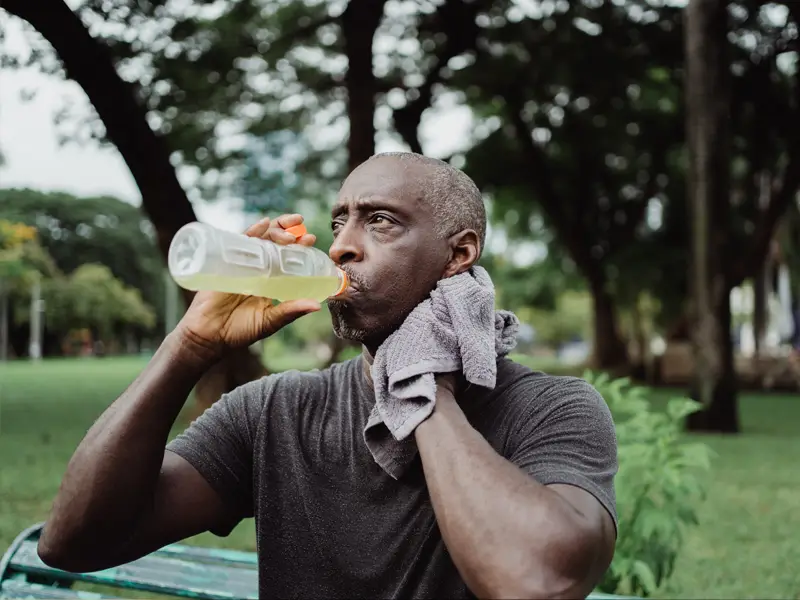
5. Post-Workout Supplements: Enhancing Recovery
5.1 Whey Protein: Repairing and Growing Muscles
Whey protein is a fast-digesting protein source that contains all nine essential amino acids necessary for muscle repair and growth. After intense workouts, athletes can benefit from consuming whey protein to kickstart the recovery process and reduce muscle protein breakdown. A study by Tipton et al. [6] demonstrated that whey protein supplementation stimulated muscle protein synthesis to a greater extent than casein protein following resistance exercise.
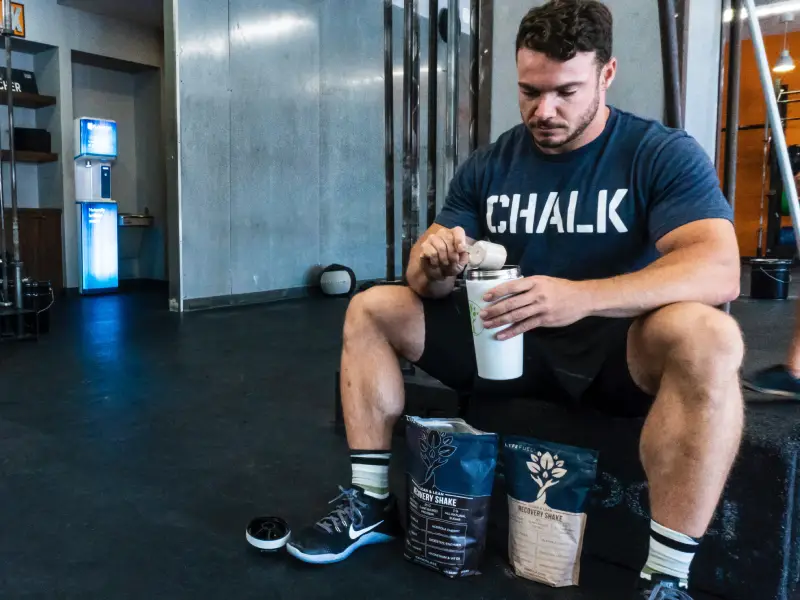
5.2 Tart Cherry: Natural Recovery Aid
Tart cherry supplements, rich in antioxidants and anti-inflammatory compounds, have gained attention for their potential to reduce exercise-induced muscle soreness and inflammation. The polyphenols found in tart cherries may aid in muscle recovery and hasten the repair of exercise-induced muscle damage. A study by Connolly et al. [7] reported that tart cherry juice supplementation reduced muscle soreness and inflammation following intense exercise.
5.3 Omega-3 Fatty Acids: Fighting Inflammation
Omega-3 fatty acids are essential fats that have numerous health benefits, including reducing inflammation and supporting cardiovascular health. For athletes, omega-3s can help counteract exercise-induced inflammation and support joint health, thereby promoting faster recovery and reducing the risk of injury. Research by Jouris et al. [8] indicated that omega-3 supplementation reduced muscle soreness and increased range of motion following resistance training.
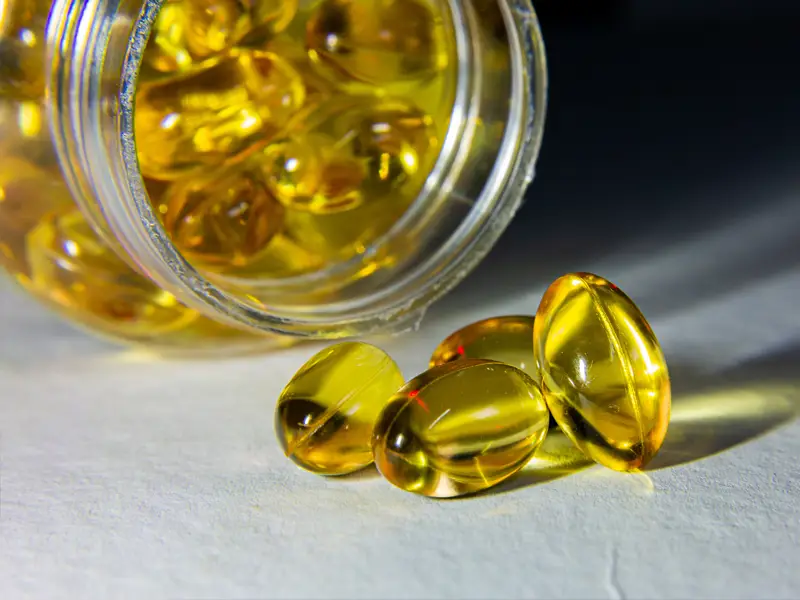
6. Combining Supplements for Optimal Results
While each supplement offers unique benefits, combining them strategically can yield even greater results. For example, a pre-workout stack comprising creatine and caffeine can synergistically enhance power and endurance, leading to improved performance in activities requiring short bursts of high-intensity effort, such as sprinting or weightlifting.
7. Conclusion: Maximizing Your Athletic Potential with Smart Supplement Choices
Supplements can undoubtedly be a game-changer for athletes seeking to excel in their respective sports. By understanding the benefits and mechanisms of action of each supplement, athletes can make informed decisions to enhance their training, recovery, and overall performance.
8. References
[1] Cooper, R., Naclerio, F., Allgrove, J., & Jimenez, A. (2012). Creatine supplementation with specific view to exercise/sports performance: An update. Journal of the International Society of Sports Nutrition, 9(1), 33. https://jissn.biomedcentral.com
[2] Graham, T. E., Spriet, L. L., & McLellan, T. M. (1991). Caffeine ingestion and exercise performance: An update. Sports Medicine today, 12(4), 268-278. https://www.sportsmedtoday.com/
[3] Saunders, B., Elliott-Sale, K., Artioli, G. G., Swinton, P. A., Dolan, E., Roschel, H., & Sale, C. (2017). β-alanine supplementation to improve exercise capacity and performance: A systematic review and meta-analysis. British Journal of Sports Medicine, 51(8), 658-669. https://bjsm.bmj.com/content/51/8/658
[4] Blomstrand, E., Hassmén, P., Ek, S., Ekblom, B., & Newsholme, E. A. (1997). Influence of ingesting a solution of branched-chain amino acids on perceived exertion during exercise. Acta Physiologica Scandinavica, 159(1), 41-49. https://onlinelibrary.wiley.com/doi/10.1046/j.1365-201X.1997.547327000.x
[5] Bode-Böger, S. M., Böger, R. H., Alfke, H., Heinzel, D., Tsikas, D., & Creutzig, A. (1999). Elevated L-arginine/dimethylarginine ratio contributes to enhanced systemic NO production by dietary L-arginine in hypercholesterolemic rabbits. Biochemical and Biophysical Research Communications, 254(2), 372-377. https://www.sciencedirect.com/science/article/abs/pii/S0006291X9690279X
[6] Tipton, K. D., Elliott, T. A., Cree, M. G., Wolf, S. E., Sanford, A. P., & Wolfe, R. R. (2004). Ingestion of casein and whey proteins result in muscle anabolism after resistance exercise. Medicine and Science in Sports and Exercise, 36(12), 2073-2081. http://www.acsm.org
[7] Connolly, D. A., McHugh, M. P., Padilla-Zakour, O. I., Carlson, L., & Sayers, S. P. (2006). Efficacy of a tart cherry juice blend in preventing the symptoms of muscle damage. British Journal of Sports Medicine, 40(8), 679-683. https://bjsm.bmj.com/content/40/8/679
[8] Jouris, K. B., McDaniel, J. L., & Weiss, E. P. (2011). The effect of omega-3 fatty acid supplementation on the inflammatory response to eccentric strength exercise. Journal of Sports Science & Medicine, 10(3), 432-438. https://www.jssm.org/jssm-10-432.xml%3Eabst
9. Frequently Asked Questions (FAQs):
- Q: Can athletes use more than one pre-workout supplement simultaneously?
- A: While combining supplements can be beneficial, athletes should be cautious and avoid excessive intake of stimulants to prevent potential side effects like jitteriness and insomnia.
- Q: Are there any plant-based alternatives to whey protein for vegan athletes?
- A: Yes, plant-based protein powders like pea protein, soy protein, and hemp protein are excellent alternatives for vegan athletes.
- Q: Can I take BCAAs and whey protein together?
- A: Absolutely! Combining BCAAs with whey protein can have a synergistic effect on muscle protein synthesis and recovery.
- Q: Are there any natural food sources rich in creatine?
- A: Yes, some natural sources of creatine include red meat, fish, and poultry.
- Q: Can athletes consume energy drinks containing caffeine as a pre-workout supplement?
- A: While energy drinks may contain caffeine, athletes should be cautious about their overall sugar and calorie content. Opting for pure caffeine supplements might be a more targeted choice.
Latest Articles
Popular Reviews
AmRelieve Knee support
The Role of Whey Protein for Fitness
Elastic rubber band exercise
Essential Platinum Creatine
How can we help you?
We are your one-stop-shop for all things sports, nutrition and stress management. Our team of experts provides you with the latest reviews on sports equipment, nutrition facts and stress management advice. We also provide ratings to help you make informed decisions on what to buy. Stay ahead of the game with our blog website! Join our community today and get access to exclusive content and deals.
Most used tags
#Adaptogens #ModernNutrition #HolisticHealth #StressRelief #HealthyLiving #BrainHealth #CognitiveFunction #EnduranceTraining • #ExerciseForMentalHealth #ExercisePsychology #FitnessChallenge #FunctionalFitness • #HyroxRace • #MentalFitness #MentalHealth #ExerciseBenefits #MindBodyConnection #StressRelief #FocusThroughFitness #EmotionalWellBeing #HealthyLiving #FitnessMotivation #MentalHealthAndExercise #MentalWellness #Mood-boosting winter workouts #PhysicalActivity #WellnessJourney #Winter workout motivation ACLInjury ACLSurgery Blood pressure Cardiovascular exercise ChiaPudding Exercise fitness Gains healing healthy HealthyEating HealthyRecipes HyroxFitness • injury Mental Health in Motion muscle gain NutrientPackedMeals Prevention Resistance training Sport SportsInjuryTreatment Stretching and Cooling Down Supplements therapy Top Wearable Fitness Technology Trends Shaping 2024 training weight loss wellbeing Workout Routine




